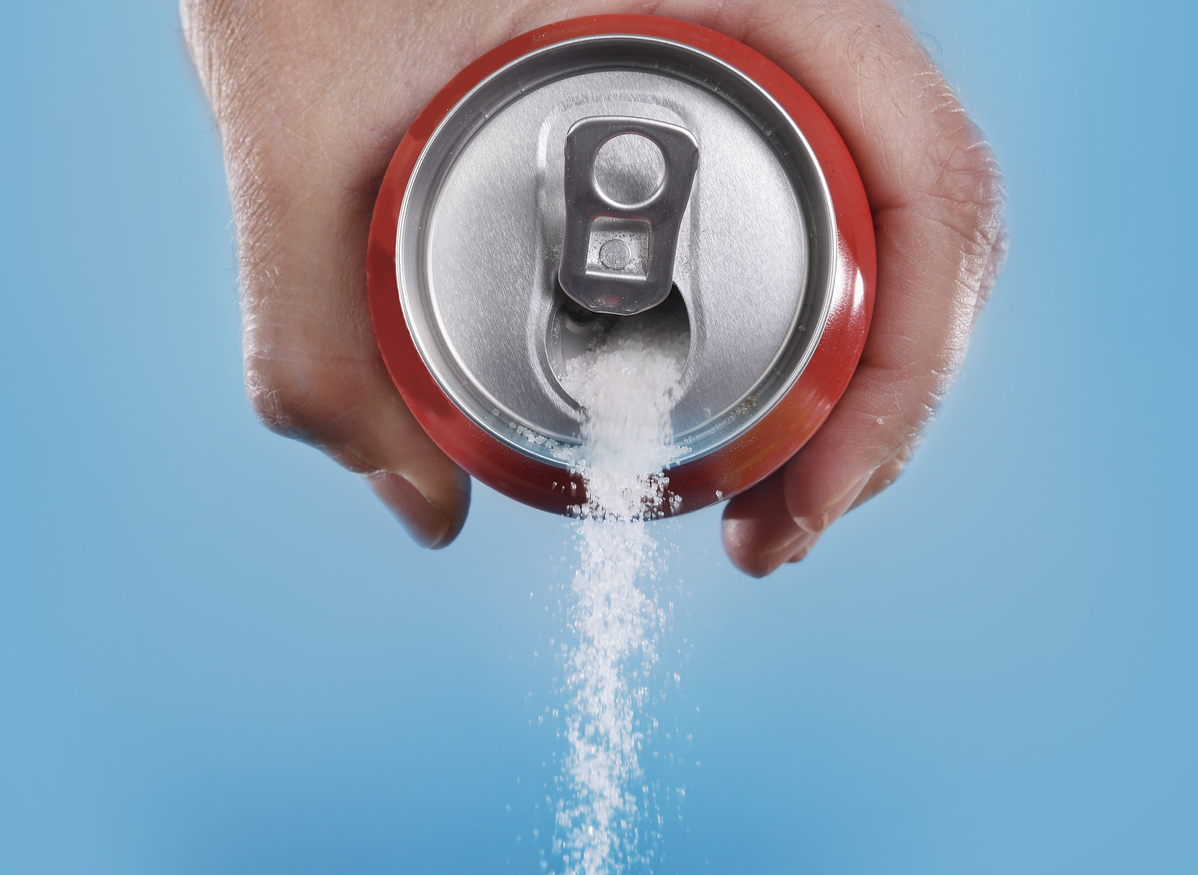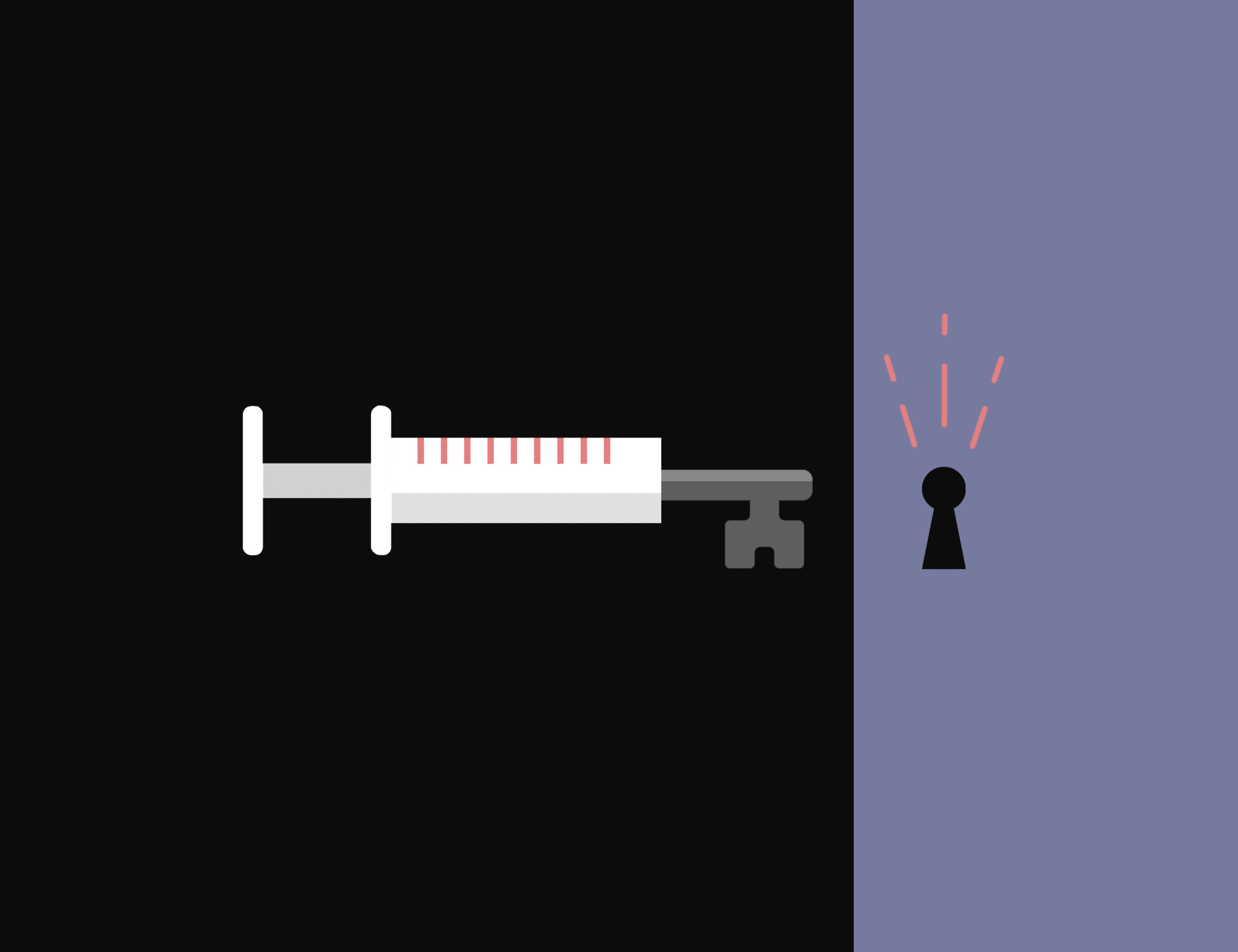How sugar became Public Enemy No. 1
Many experts believe that sweetened foods have caused a global health crisis. What’s so bad about sugar?

A free daily email with the biggest news stories of the day – and the best features from TheWeek.com
You are now subscribed
Your newsletter sign-up was successful
Many experts believe that sweetened foods have caused a global health crisis. What's so bad about sugar? Here's everything you need to know:
Why is sugar in the spotlight?
For years, dieticians have warned us to steer clear of fat and cholesterol — the two food evils long believed to be fueling the West's obesity, diabetes, and heart disease epidemics. But a growing number of nutritionists are now pointing the finger at sugar, arguing that our overconsumption of sodas, candy, cookies, and other sweets and processed foods is the real cause of our health crisis. Some go even further, arguing that sugar is an addictive "poison" that causes a whole host of degenerative ailments — including cancer — even in thin people. Evidence has emerged that shows the sugar industry may have downplayed those risks for profit — turning the modern Western diet into the sweetest in human history. "We're in a whole new world of sugar consumption," says Barry Popkin, professor of nutrition at the University of North Carolina. "We don't really know what that means for our health."
The Week
Escape your echo chamber. Get the facts behind the news, plus analysis from multiple perspectives.

Sign up for The Week's Free Newsletters
From our morning news briefing to a weekly Good News Newsletter, get the best of The Week delivered directly to your inbox.
From our morning news briefing to a weekly Good News Newsletter, get the best of The Week delivered directly to your inbox.
How much sugar do we consume?
The average American adult downs 22 teaspoons of the stuff a day, the average child 32. The World Health Organization recommends just six teaspoons a day. Added sugars — those not found naturally in fruit and vegetables, like table sugar and high-fructose corn syrup — began to proliferate in the Western diet in the mid-20th century, just as scientists were starting to discover links between sugar and heart disease. The sugar industry decided to push back against this research, adopting the aggressive tactics of Big Tobacco. First, as memos uncovered last September reveal, an industry group paid three Harvard nutritionists $6,500 — about $50,000 today — to divert the blame. In a 1967 New England Journal of Medicine article, the nutritionists discounted the evidence against sugar and concluded there was "no doubt" the best way to prevent heart disease was to reduce cholesterol and saturated fat. "This is quite what we had in mind," one sugar industry executive said when he saw the article.
What did Big Sugar do next?
The industry launched an aggressive advertising campaign in the 1970s to convince Americans that sugar actually helps you lose weight by suppressing the appetite. "Sugar can be the willpower you need to undereat," one ad asserted; another recommended eating a cookie before lunch each day. That campaign, combined with work by the Harvard researchers, helped muddy the scientific waters enough to keep dietary sugar guidelines vague. The American Heart Association approved of added sugar as part of a healthy diet, and millions of Americans embraced low-fat, high-sugar diets. Consumption of added sugars soared 30 percent between 1977 and 2010. It's no coincidence, many nutritionists say, that obesity rates more than doubled over that same period.
A free daily email with the biggest news stories of the day – and the best features from TheWeek.com
Why is sugar so bad for us?
Scientists have found that refined sugar, which is made up of fructose and glucose carbohydrates, is harder to metabolize than the purely glucose-based carbohydrates found in potatoes and other starches. While glucose is converted into energy by every cell in the body, fructose is mainly metabolized in liver cells. When a person consumes too much fructose, many nutritionists say, the liver becomes overwhelmed and begins converting it into fat, some of which gathers in the liver. An accumulation of fat in the liver can cause insulin resistance, which disrupts the body's ability to maintain stable levels of blood sugar and fat, leading to heart disease and diabetes. Anti-sugar advocate Gary Taubes contends that insulin resistance is a primary driver of obesity, and can also give rise to dementia and some cancers. "If I'm right about sugar," says Taubes, "then it's more harmful ultimately than smoking."
Do all nutritionists agree?
No. Some, including Fred Brouns, professor of Health Food Innovation at Maastricht University in the Netherlands, argue that sugar's effects remain "poorly investigated and highly controversial." The problem with all nutritional science is that it's difficult to monitor diets over the years-long time span needed to track the causes of degenerative diseases. But there's no doubt that we're lacing modern supermarket food with concentrated sugar in a way that isn't replicated in nature. (See below.) Kimber Stanhope, a nutritional biologist at University of California-Davis, ordered her staff to eat enough fruit to get 25 percent of their daily calories from sugar — the quantity she has shown raises the level of artery-clogging triglycerides in the blood. Four out of seven of the subjects had to quit. "It was more fruit than they could bear to eat," says Stanhope. Yet you can easily get that same amount of sugar by washing down a couple of brownies with a can of Coke.
What can be done?
Individuals can choose to limit their sugar intake — but that requires avoiding nearly all processed foods. Public officials are also trying to nudge society at large toward making healthier choices. In the 2016 election, three California cities passed ballot measures imposing taxes on sugary sodas. But conservatives largely oppose these so-called sin taxes, arguing that people should have the freedom to do what they want to their bodies. To cut down on sugar, some people have switched to zero-calorie artificial sweeteners, like the saccharin-based Sweet 'N Low. But little is known about the long-term effects of these chemical substitutes on the body. And because such products can be up to 13,000 times sweeter than sugar, they can trick the body into craving even more calories. Don't be fooled, says metabolism researcher Susan Swithers. "We were once led to believe that 'light' and 'low tar' cigarettes are better choices than regular cigarettes," she says. "Neither choice is actually healthy."
America's favorite drug
Sugar is everywhere. Eighty percent of supermarket foods contain it — and purportedly "savory" foods often contain more sugar than sweet treats like ice cream. Whole-wheat bread can have a teaspoon of sugar per slice; Heinz tomato ketchup contains 22.8 percent sugar, twice as much as Coca-Cola. As we swamp our bodies with sugar, we only become more addicted. A 2016 study in Nature Neuroscience suggested that sugar hijacks the brain by triggering its reward system, pushing the body to ask for more and more. Sugar might even be more addictive than recreational drugs, says cardiovascular research scientist James DiNicolantonio. "When you look at animal studies comparing sugar to cocaine, even when you get the rats hooked on intravenous cocaine, once you introduce sugar, almost all of them switch to the sugar."
-
 The 8 best TV shows of the 1960s
The 8 best TV shows of the 1960sThe standout shows of this decade take viewers from outer space to the Wild West
-
 Microdramas are booming
Microdramas are boomingUnder the radar Scroll to watch a whole movie
-
 The Olympic timekeepers keeping the Games on track
The Olympic timekeepers keeping the Games on trackUnder the Radar Swiss watchmaking giant Omega has been at the finish line of every Olympic Games for nearly 100 years
-
 Are zoos ethical?
Are zoos ethical?The Explainer Examining the pros and cons of supporting these controversial institutions
-
 Will COVID-19 wind up saving lives?
Will COVID-19 wind up saving lives?The Explainer By spurring vaccine development, the pandemic is one crisis that hasn’t gone to waste
-
 Coronavirus vaccine guide: Everything you need to know so far
Coronavirus vaccine guide: Everything you need to know so farThe Explainer Effectiveness, doses, variants, and methods — explained
-
 The climate refugees are here. They're Americans.
The climate refugees are here. They're Americans.The Explainer Wildfires are forcing people from their homes in droves. Where will they go now?
-
 Coronavirus' looming psychological crisis
Coronavirus' looming psychological crisisThe Explainer On the coming epidemic of despair
-
 The growing crisis in cosmology
The growing crisis in cosmologyThe Explainer Unexplained discrepancies are appearing in measurements of how rapidly the universe is expanding
-
 What if the car of the future isn't a car at all?
What if the car of the future isn't a car at all?The Explainer The many problems with GM's Cruise autonomous vehicle announcement
-
 The threat of killer asteroids
The threat of killer asteroidsThe Explainer Everything you need to know about asteroids hitting Earth and wiping out humanity